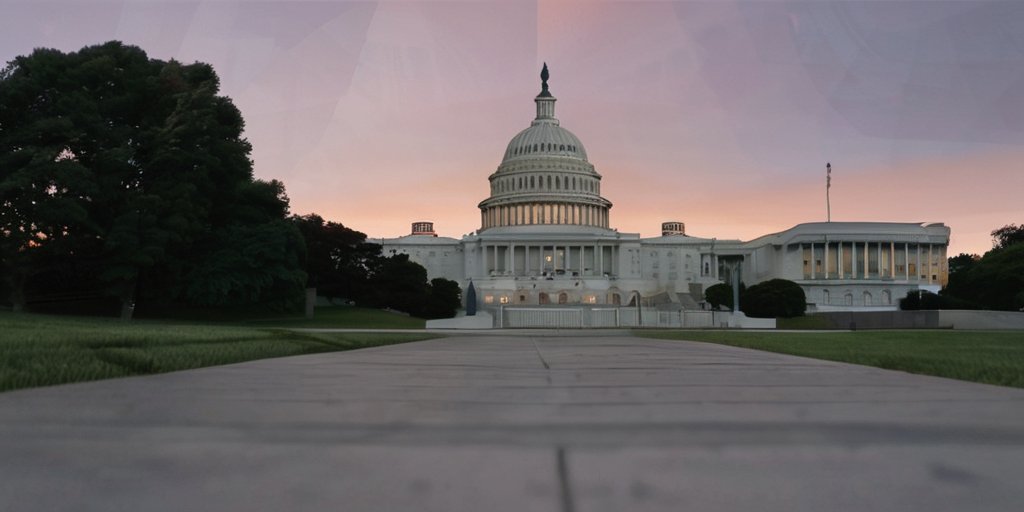The ongoing struggle within the US Senate has illuminated the challenges facing President Donald Trump’s administration as it attempts to push through a crucial budget bill. This mega-bill, encompassing nearly 1,000 pages of tax and spending legislation, has been met with significant opposition, stalling its progress and raising the possibility of missing Trump’s desired July 4 deadline for passage.
Recent negotiations have revealed a divide among Senate Republicans, with four members—Maine’s Susan Collins, North Carolina’s Thom Tillis, Alaska’s Lisa Murkowski, and Kentucky’s Rand Paul—stating they cannot support the legislation in its current form. This division is particularly concerning given the Republicans hold a slim majority and can only afford to lose three votes. To navigate this tight situation, Vice-President JD Vance, who arrived at Capitol Hill early, has been called upon to cast tie-breaking votes, which he did during the debate over amendments.
This bill is pivotal to Trump’s second-term agenda, continuing the large tax cuts initiated during his first term, which Republicans are keen to prolong. To offset the budgetary implications of these tax cuts, GOP leaders are proposing reductions in various programs, including healthcare for lower-income Americans and food assistance subsidies. However, the specific areas for funding cuts have become a contentious point among Senate Republicans, complicating the efforts to unify their ranks.
Historically, budget matters have seen robust discussions and amendments, and this particular bill is no exception. As Trump noted during a recent press conference, while he would love to see the bill passed by July 4, he acknowledged the difficulties in achieving that goal. “I’d love to do July 4th but I think it’s very hard to do July 4th…. I would say maybe July 4th or somewhere around there,” Trump stated, signaling a recognition of the internal party dynamics at play.
Earlier, the House of Representatives approved their budget bill by a narrow one-vote margin. However, significant alterations were made in the Senate, meaning any passage will necessitate another vote in the House, where Republicans anticipate further struggles due to unanimous Democratic opposition. As of now, the GOP Senate leadership is working tirelessly to secure the requisite support to bring the bill to a final vote, but the timeline remains uncertain.
It is clear that the future of this budget legislation will impact not only Trump’s presidential agenda but also has far-reaching implications for millions of Americans reliant on federal support programs. The ongoing debates reflect deeper rifts within the Republican Party and raise questions about the feasibility of their governing strategy going forward.
